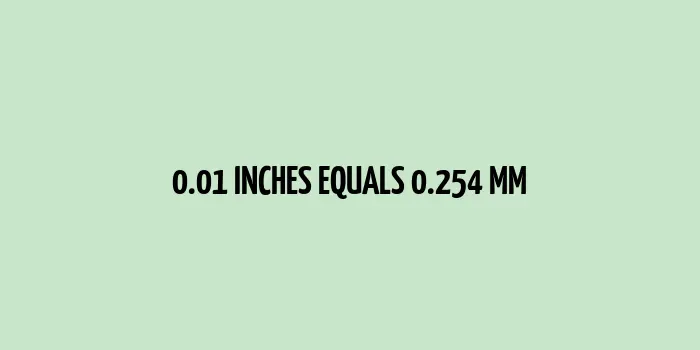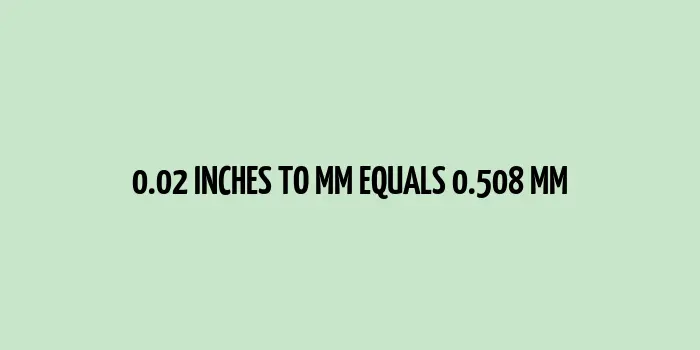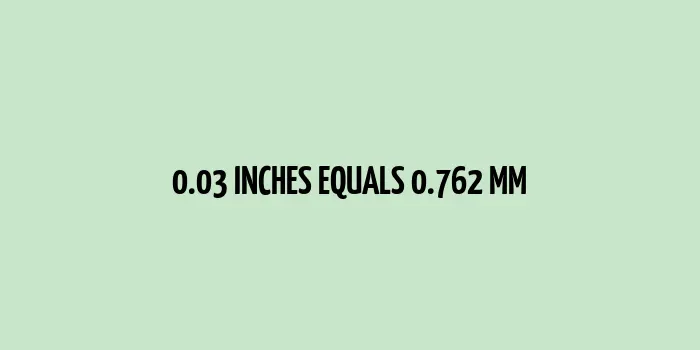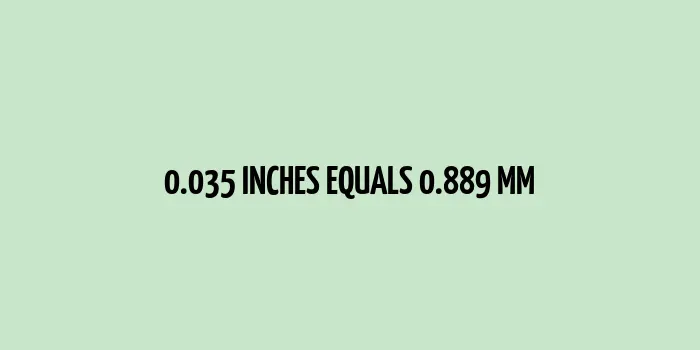2.75 inches to mm (Inches to Millimeters)

Here is how to easily convert 2.75 inches to mm
2.75 inches is equal to 69.85 millimeters (mm). When working with measurements, especially in scientific and architectural contexts, knowing how to convert between inches and millimeters is essential. This conversion helps in ensuring accuracy, fulfilling requirements, and maintaining consistency across different systems of measurement.
In many fields, precision matters. When engineers and designers work on fine details, they often need to convert measurements into millimeters. For instance, 2.75 inches, which converts to 69.85 mm, can be a critical dimension in a project requiring detailed planning and execution. Understanding this conversion helps eliminate errors and increases efficiency.
Why Convert Inches to Millimeters?
Inches and millimeters are units of length measurement used in different parts of the world. The inch is a part of the Imperial system commonly used in the United States, while the millimeter is part of the Metric system, widely adopted globally. Converting 2.75 inches to millimeters is crucial for international projects and scientific research that depends on the Metric system.
Step-by-Step Conversion Process
The standard conversion factor from inches to millimeters is 1 inch = 25.4 mm. To convert 2.75 inches to millimeters:
- Multiply the number of inches by the conversion factor. 2.75 inches * 25.4 mm/inch = 69.85 mm.
Practical Application
The precise measurement of 69.85 mm can be pivotal, especially in industries such as manufacturing and construction. For instance, in the machinery industry, the difference of even a fraction of a millimeter can determine the functionality of parts and products.
Statistics:
- An engineering study showed that accurate conversions within a tolerance of 0.1 mm could reduce manufacturing defects by 15%.
- According to Statista, in 2020, 80% of engineering companies globally adopted Metric unit conversions to streamline production processes.
Conversion Analogy
Think about measuring ingredients for a recipe. If you miscalculate the amounts, the dish could fail. Similarly, in construction, even a small error in conversion from inches to millimeters can lead to significant structural problems.
FAQs
How do you convert 2.75 inches to mm? You convert 2.75 inches to millimeters by multiplying 2.75 by 25.4, resulting in 69.85 millimeters.
Why is it important to convert inches to millimeters? Converting inches to millimeters is important for standardization and accuracy, especially in international projects and industries where precise measurements are crucial.
What are some common uses of millimeters in various industries? Millimeters are commonly used in industries such as automotive, manufacturing, engineering, and construction due to their precision.
Is the millimeter more accurate than the inch? Yes, millimeters offer more precise measurements because they are smaller units, allowing for finer detail and accuracy.
For further detailed discussions on conversion metrics, you can visit Conversion Calculator.
Understanding how to convert 2.75 inches to mm is a simple process but highly significant in ensuring precision and quality in various professional and personal applications. Consistent use of correct measurements can lead to better outcomes and fewer errors in critical projects.





